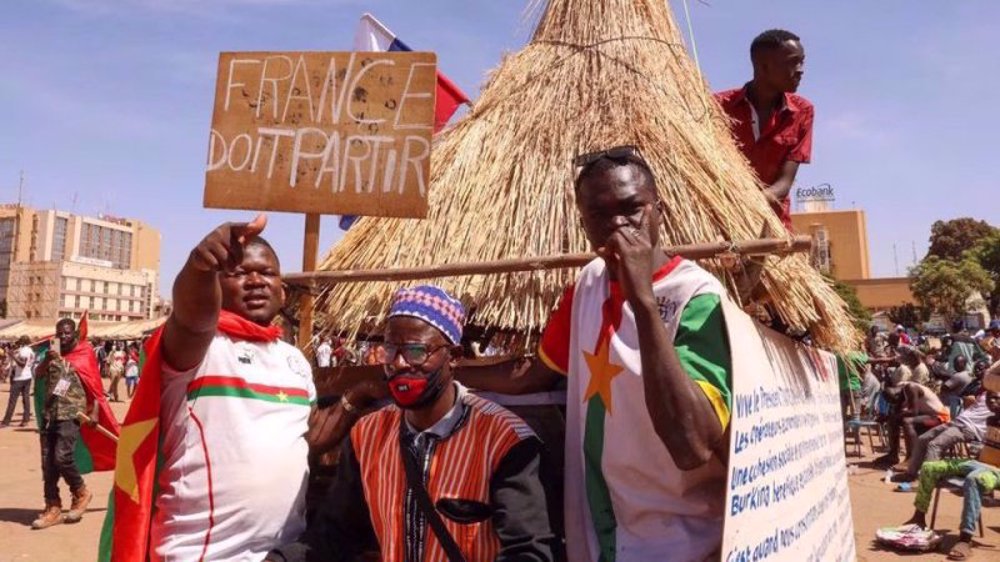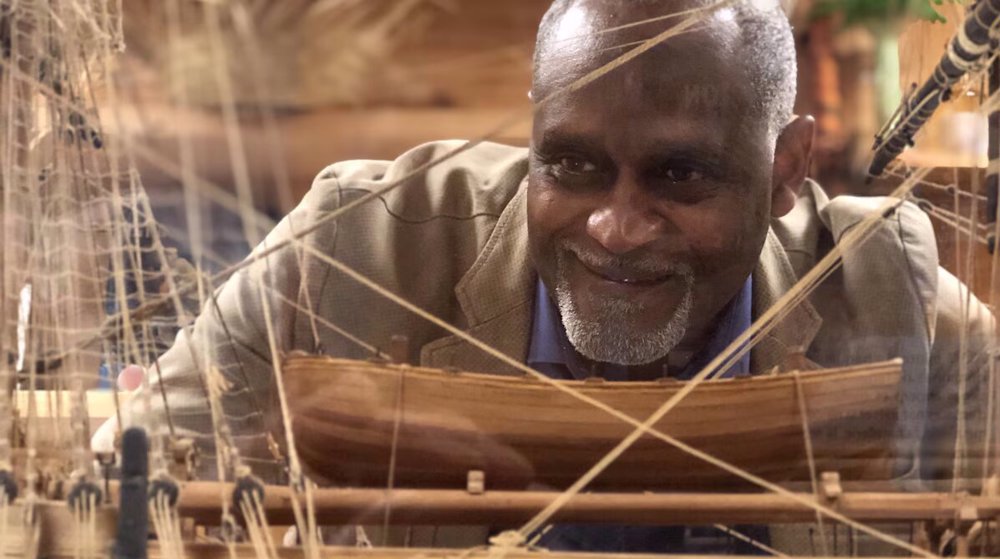African First Ladies committed to work toward ending AIDS
The Organization of African First Ladies against HIV/AIDS (OAFLA) has called for more global effort in the fight against the epidemic.
During a Monday meeting in the Ethiopian capital Addis Ababa, the African First Ladies stressed that more resources are required to prevent new HIV infections among children and to broaden access to testing services.
Addressing the meeting, Michel Sidibé, the executive director of the Joint United Nations Program on HIV/AIDS (UNAIDS), said that ending the AIDS outbreak by 2030 is possible if the right decisions are made now.
“We need your leadership now more than ever to end the AIDS epidemic by 2030 by protecting our girls, by ensuring that young women and girls have access to reproductive health services and rights, and by ending violence against women and girls,” Sidibé noted.

Lordina Mahama, the OAFLA president and the First Lady of Ghana, urged the participants to join hands against the disease.
“Let us use our voices to bring an end to the AIDS epidemic among children and improve the sexual health and rights of adolescents.”
HIV, the virus that causes AIDS, is no longer a death sentence. With the appropriate medical treatment, an early diagnosis of HIV can lead to the individual living a healthy and normal life. People successfully treated with the potentially deadly disease are also less likely to transmit it.
According to the World Health Organization, some 37 million people are living with the viral infection worldwide, out of which about 26 million are in Africa.

Scholars around the globe have launched various initiatives to raise people’s awareness of the disease and help end the plague.
American economist Emily Fair Oster said in a speech that “people are going to have an incentive to avoid AIDS on their own” if the living conditions in Africa improve.
“If people have no incentive to avoid AIDS on their own, even if they know everything about the disease, they still may not change their behavior,” she said.
VIDEO | Press TV's news headline
Explosion heard near Iran’s central city of Isfahan: Report
‘Iran retaliation against Israel ensured no aggression would go unanswered’
US vetoes Palestinian request for full UN membership
Iran sufficed to strike only part of Israel’s military positions: FM to UN chief
IRGC: Israel’s Dimnoa nuclear reactor not among Op. True Promise’s targets
VIDEO | West Asia awakens
'Stop any further Israeli adventurism,' Iran FM tells Security Council















 This makes it easy to access the Press TV website
This makes it easy to access the Press TV website